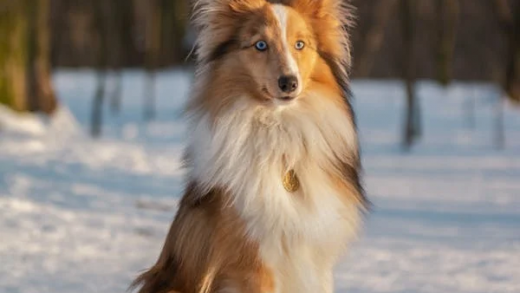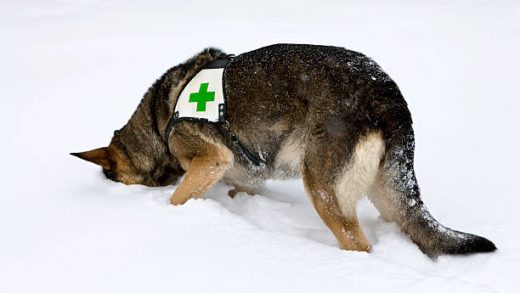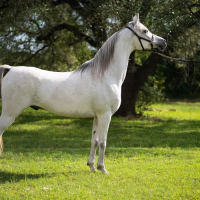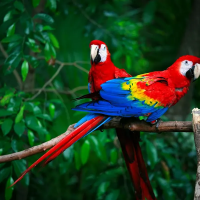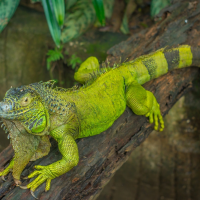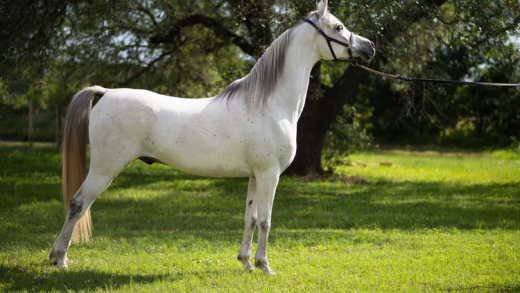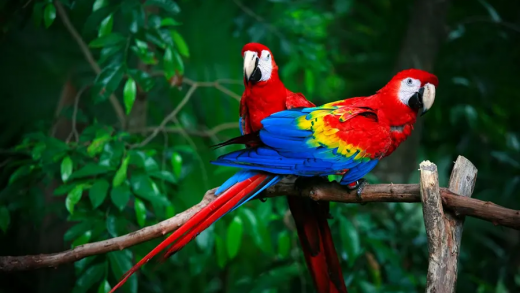Environmental enrichment is an essential component of competent exotic pet care. Unlike domesticated animals exotic pets may have complex demands that must be satisfied in order to maintain their physical and psychological wellbeing. Environmental enrichment entails creating a stimulating atmosphere that promotes natural behaviors provides cerebral stimulation and alleviates stress. This technique is critical for the overall health and happiness of exotic pets which can include reptiles, birds, small mammals and amphibians. This essay examines the numerous aspects of environmental enrichment and its importance in exotic pet care.
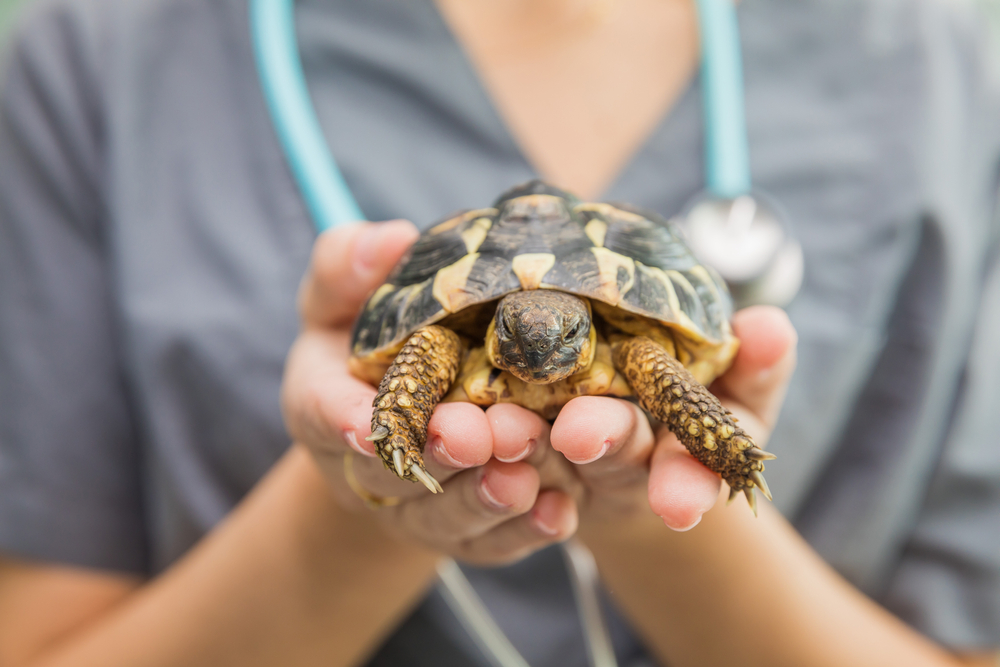
Table of Contents
Understanding Environmental Enrichment in Exotic Pet Care
Environmental enrichment is the practice of improving an animal’s habitat to encourage natural behaviors and mental stimulation. For exotic pets this frequently entails duplicating components of their natural environment and giving opportunity for physical and mental stimulation. Enrichment can be classified into five types: physical, social, sensory, cognitive and dietary.

Types of Environmental Enrichment
Physical Enrichment
Physical enrichment entails changing the pet’s environment to promote movement and curiosity. This may include:
Naturalistic Enclosures: Creating enclosures that resemble the pet’s natural environment. For reptiles such as bearded dragons or chameleons this could entail establishing a desert or tropical environment with suitable substrate, climbing structures and hiding places.
Climbing Structures and Hiding Places: Branches, tunnels and platforms for climbing and hiding are provided for birds, ferrets and small mammals such as hamsters.
Exercise area: Providing adequate area for pets to move around freely. Birds and small mammals frequently require larger enclosures to ensure appropriate activity.
Social Enrichment
Social enrichment entails interaction with conspecifics or humans. This can be critical for organisms that are naturally sociable.
Companionship: Many exotic pets such as parrots and guinea pigs are highly social and benefit from the company of their conspecifics. Pairing or grouping compatible people can considerably improve their quality of life.
Human connection: Consistent positive connection with human caregivers can provide social stimulation. Training sessions, fun and gentle handling can all contribute to increased trust and less stress.
Sensory Enrichment
Sensory enrichment stimulates the pet’s senses and may include visual, aural, olfactory and tactile elements.
Visual Stimuli: Adding visual components like moving toys, mirrors (for some birds), or changing the backdrop in the enclosure.
Auditory stimuli include playing nature sounds, music or participating in vocal engagement with the pet. For example parrots like listening to and imitating noises.
Olfactory Stimuli: Adding safe scents or herbs and spices to the enclosure can give olfactory enrichment especially for small mammals and reptiles.
Tactile Stimuli: The environment’s various textures, such as substrates, plants and toys can give tactile stimulation.
Cognitive enrichment
Cognitive enrichment entails exercises that test the pet’s cognition and promote problem solving:
Puzzle Feeders: These feeders require the pet to complete a puzzle in order to obtain food. This works exceptionally well for birds, ferrets and intelligent reptiles such as monitor lizards.
Training and Tricks: Putting pets through training sessions where they learn new skills or tricks can provide mental stimulation while also strengthening the human-animal bond.
Novel Objects: Providing the pet with new and safe objects to explore and engage with on a regular basis helps to keep their environment interesting and engaging.
Dietary enrichment
Dietary enrichment entails changing the pet’s diet to make feeding time more interesting and nutritious:
Diet Variety: Provide a varied choice of foods that closely resemble the specie’s natural diet. For example offering various fruits, vegetables and insects to reptiles and birds.
Foraging Opportunities: Encourage natural foraging behaviors by concealing food or utilizing foraging toys. This can be especially useful to birds and small mammals who spend a large amount of time looking for food.
Importance of Environmental Enrichment
Environmental enrichment is not only beneficial to the pet’s quality of life it is also necessary for their general health. Exotic pets can suffer a variety of health and psychological disorders if they are not adequately enriched.
Boredom and Stress: A lack of stimulation can cause boredom and stress, which might appear as destructive behavior, excessive grooming or aggression.
Obesity and Health Problems: Insufficient physical activity can lead to obesity and other health problems especially in animals that require a lot of movement, such as birds and small mammals.
Mental Health: Mental stimulation is essential for preventing cognitive decline and promoting mental health. Exotic pet’s anxiety and sadness levels can be reduced through enrichment activities.

Implementing Effective Enrichment
To effectively administer environmental enrichment it is critical to understand each specie’s unique demands. It is critical to conduct research on pet specie’s natural behaviors and habitats. Observing the pet’s reactions to various enrichment activities can also aid in fine tuning the enrichment strategy.
Conclusion
Environmental enrichment is essential while caring for exotic pets. Pet owners can ensure that their exotic pets enjoy healthy full lives by creating a stimulating and dynamic environment for them. Through physical, social, sensory, cognitive and gastronomic enrichment we may meet these animal’s complex requirements, boosting their well being and strengthening the human animal link. As people become more aware of the value of enrichment the quality of life for exotic pets in captivity improves.
People also search for: Binturong: The Mysterious Bearcat(2024)


